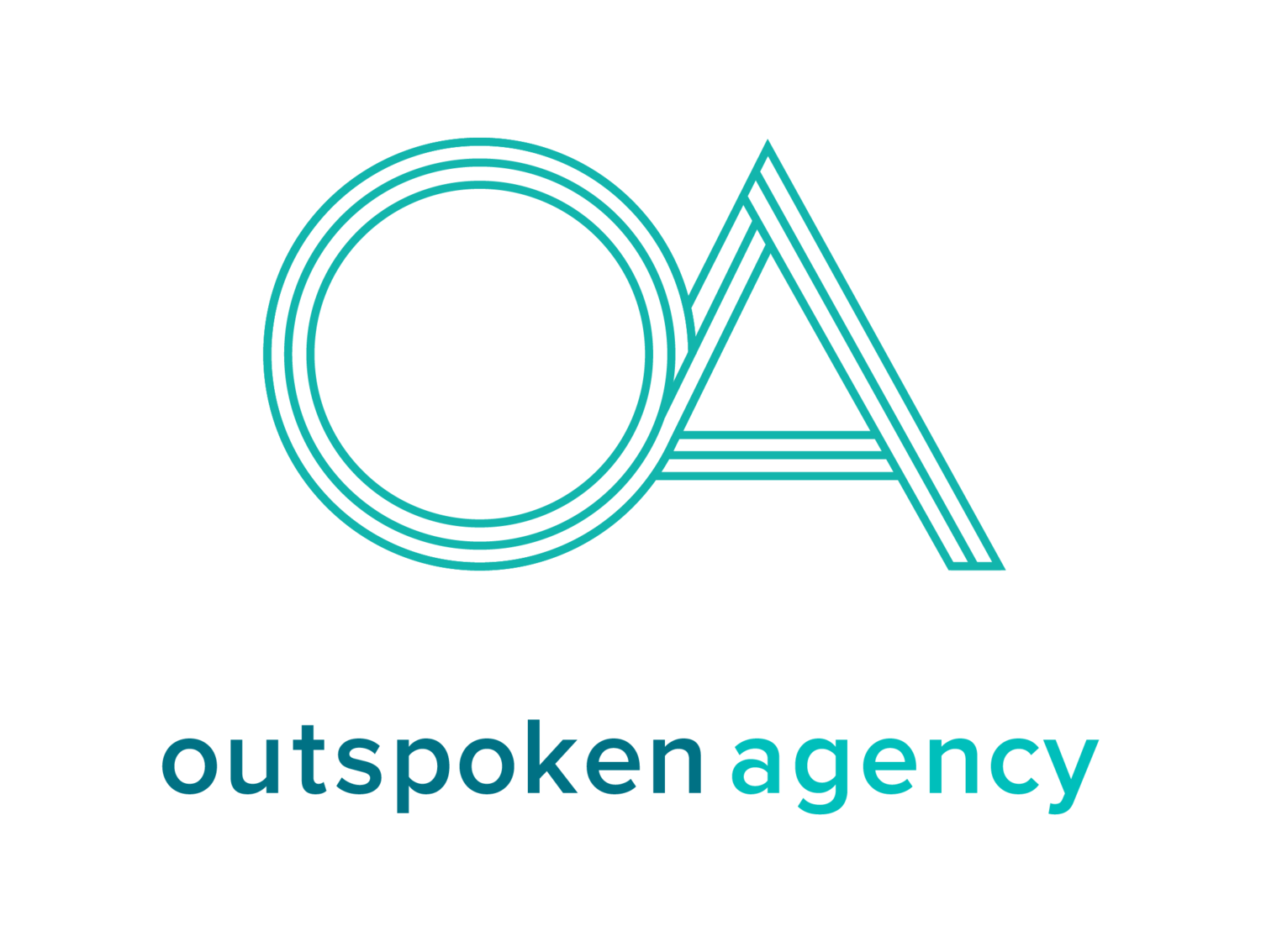Generative AI: Its impact, Its Risks, and Our Future
/Social media apps run by algorithms, computer-generated artwork, data models that drive policy—it's impossible to ignore the ways in which both our personal and professional lives are so intertwined with generative artificial intelligence and other emerging tech innovations. Generative AI offers both risks and rewards that we must consider.
Yes—generative AI enables the creation of new and original content, fostering innovation in fields such as art, design, and entertainment. It also has the potential to automate and enhance creative processes, assisting professionals in generating ideas and prototypes. Yet, we also risk the misuse of this technology for purposes that harm. We risk biased or unethical content generation, which leads to discrimination, exclusion, or unfair representation in generated media. And in the wake of OpenAI lobbying watered down AI regulation in the E.U., we must be armed with a better understanding of its implications to ensure regulations foster trust, accountability, and transparency.
Outspoken is home to some of the most in-demand thought leaders who unpack the implications and lasting social impact of tech innovation and artificial intelligence. Read below to learn more about our most recent addition to the roster, as well as other Outspoken speakers whose work is leading the way to understanding AI’s endless possibilities and undeniable risks.
We’re thrilled to welcome data scientist and data equity strategist Brandeis Marshall to Outspoken’s roster! Brandeis is the author of Data Conscience: Algorithmic Siege on our Humanity, which offers a pathway for moving slower in tech innovations in order to build more responsible, human-centered AI.
Trained as a computer scientist, Brandeis is the founder and CEO of DataedX Group, a data ethics learning and development agency for educators, scholars, and practitioners to counteract automated oppression efforts with culturally-responsive instruction and strategies. Brandeis is also a former college professor and understands the practical implementation of data-oriented and AI concepts, whether in the classroom or in the boardroom. She offers accessible, skills-oriented workshops for industries and organizations of every size—governments, banks, schools, small businesses, and more.
Related Talks:
➡️ Future-Proofing Your Organization: Why AI Will Not Replace You
➡️ AI in Education: Bias to ChatGPT
➡️ Bias in AI: Understanding How This Shows Up
➡️ Don’t “Move Fast and Break Things”: The Case for Equitable Tech
➡️ Desiloing Your Data Strategy for Equity
Ruha Benjamin
Education and tech equity advocate Ruha Benjamin’s award-winning book Race After Technology: Abolitionist Tools for the New Jim Code explores how generative AI and its range of discriminatory designs encode inequity and enact racial bias. Ruha’s work considers the risks of tech innovations and asks us to question the technologies we create.
In The Media:
➡️ Vox: Are We Automating Racism?
Related Talks:
➡️ Race After Technology: Abolitionist Tools for the New Jim Code
➡️ Beyond Buzzwords: Innovation, Inequality, & Imagination in the 21st Century
Brain scientist and tech pioneer Cori Lathan is a global thought leader in the relationship between technology and human performance. Her latest book, Inventing the Future: Stories from a Techno-Optimist reflects on the promises and possibilities she’s witnessed throughout her career as a tech inventor and innovator over the past two decades.
In The Media:
➡️ Generative AI in the Metaverse
Related Talks:
➡️ Technology Trends That Will Enhance Human Performance
➡️ Enhancing Our Brain Power
Social innovator and international human rights attorney Flynn Coleman is the author of A Human Algorithm, which explores the urgency of ethically designed AI and offers a guide for navigating life in the era of intelligent technology. Flynn’s work extends into global citizenship, the future of work, and ethical design for positive social impact.
In The Media:
➡️ Thrive Global: We Should Embrace Artificial Intelligence—Here’s Why
Related Talks:
➡️ A Human Algorithm: How AI is Redefining Who We Are
➡️ How to Thrive in Our Technological Future
AI and ethics expert Mary L. Gray is the co-author of Ghost Work: How to Stop Silicon Valley from Building a New Global Underclass. The book chronicles workers’ experiences of on-demand information service jobs, highlighting the invisible labor that upholds the tech industry and advancements in artificial intelligence.
In The Media:
➡️ NRR: The Invisible “Ghost” Workforce Empowering Our Everyday Lives
Related Talks:
➡️ Ghost Work: The Invisible Human Labor Behind Tech
➡️ When Social Media Companies, Research Ethics, & Human Rights Collide
Outspoken Agency is a women-owned speaking agency representing leaders, founders, public intellectuals, authors and entertainers for paid keynotes, workshops and panels at in-person and virtual events. Learn more about our female founders here.


